Britain & Ireland 1901-present
War and conflict, technology, illness and medicine and the battle for civil and national rights have all been key elements of the 20th century through to today, thus, all of those themes and many more are explored in this section. Underpinning many of these articles and included here are articles exploring pedagogical issues, managing knowledge and transferring knowledge. Read more
Sort by:
Date (Newest first) | Title A-Z
Show:
All |
Articles |
Podcasts |
Multipage Articles
-

Recorded webinar: Queer beyond London
ArticleClick to view -
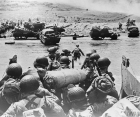
Recorded webinar: Untold Stories of D-Day
ArticleClick to view -
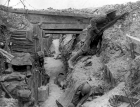
Remembering the First World War: Using a battlefield tour of the Western Front
ArticleClick to view -
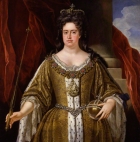
Royal Women: Queen Anne, Elizabeth I and Elizabeth II
Multipage ArticleClick to view -

Secondary Education and Social Change in the UK since 1945: KS3 resource packs
Multipage ArticleClick to view -

Shaping what matters: Year 9 decide why we should care about the Windrush scandal
ArticleClick to view -
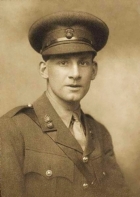
Siegfried Sassoon Diaries Online
ArticleClick to view -
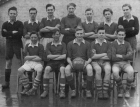
Studying our own school’s archives to promote historical understanding in Year 7
ArticleClick to view -
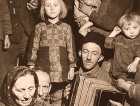
Teaching 20th-Century History Resources
ArticleClick to view -

Teaching Britain’s ‘civil rights’ history
ArticleClick to view -
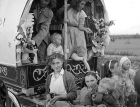
Teaching Gypsy, Roma and Traveller history
ArticleClick to view -
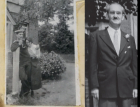
Teaching Year 9 to argue like cultural historians
ArticleClick to view -
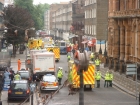
Teaching the very recent past
ArticleClick to view -
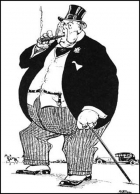
The British General Strike 1926
ArticleClick to view -
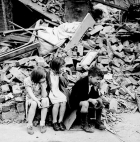
The Coming of War in 1939
ArticleClick to view -
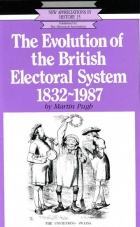
The Evolution of the British Electoral System 1832-1987
ArticleClick to view -
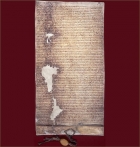
The Great Charter: Then and now
ArticleClick to view -

The Harkness Method: achieving higher-order thinking with sixth-form
ArticleClick to view -

The Irish in Britain 1815-1914
ArticleClick to view -

The Life & Significance of Alan Turing
PodcastClick to view

